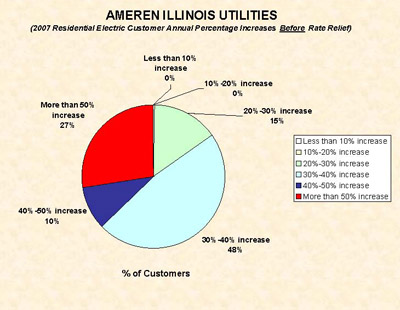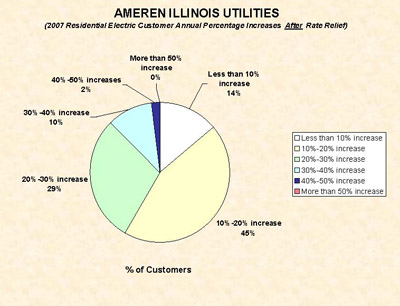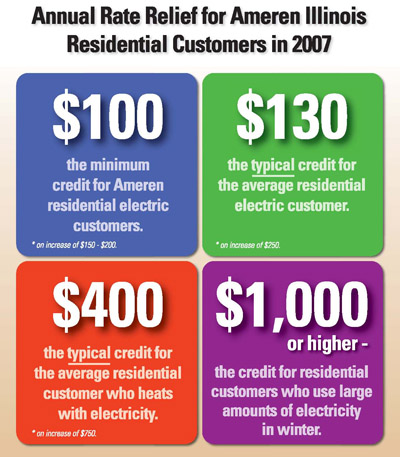 The Journal Star Editorial Board thinks District 150 deserves more support from the City. They think the proposal on tonight’s agenda to “share inflationary revenue growth from those properties in the [Eagle View] TIF that don’t participate in the redevelopment program” is too stingy.
The Journal Star Editorial Board thinks District 150 deserves more support from the City. They think the proposal on tonight’s agenda to “share inflationary revenue growth from those properties in the [Eagle View] TIF that don’t participate in the redevelopment program” is too stingy.
They start off by saying, “The Peoria City Council should have no trouble approving an agreement with District 150 tonight that, for the first time locally, would allow the city’s largest school system to share in the proceeds from a tax increment financing district before its term is over.” First time, eh? Apparently the JSEB is unaware of or has forgotten about the $236,000 the school district receives annually from the Southtown TIF.
“That said, it’s little more than a toe in the water of the city-school cooperation that is so desperately needed if Peoria is to be an attractive place for young families,” they continue. By “cooperation,” they mean “giving money to District 150.” Never mind that the city already gives hundreds of thousands of dollars to the school system every year. Never mind that District 150 is its own taxing body — it takes the lion’s share of our property taxes every year. Never mind that, after figuring in all sources of revenue, the City of Peoria’s budget is only about $10 million more than District 150’s to start with (~$160 million vs. $150 million, respectively).
That’s not enough for the JSEB, or District 150.
If anyone at City Hall wonders why Peoria’s overall population is at best flat, and why its status in Illinois is declining even with all the new subdivisions sprouting on its northwest side in a different school district, Peoria’s core public school system is a big reason, followed closely by violent crime.
They’ve got that right. But naturally the JSEB blames the school district’s failure on the City and their TIF districts. Has the Journal Star Editorial Board ever considered the possibility that District 150 might be in the mess it is because of their own mismanagement? That maybe paying for four superintendents to do the job of one is a wee bit of a waste? That spending almost a million dollars on property they can’t use might be contributing a tad to their woes? That low testing scores and their inability to make adequate yearly progress is negatively affecting their funding more than the City of Peoria’s tax increment financing districts?
Yet some local voices are still urging the city to sever any relationship with District 150. It’s mystifying, because all involved would only be punishing themselves.
Heh. We’re being punished either way; why not save the money?
I’ve said it before and I’ll say it again, I’m all for true cooperation — but cooperation works both ways. The School Board (and evidently the JSEB, too) seems to believe that a “give and take” relationship with the city means that the city gives and the school board takes. It doesn’t work that way. I don’t think it’s asking too much for the school board to work with the city on, say, siting of an East Bluff school. Or, say, focusing on improving their test scores so they stop driving people out of the city.
More money is not the answer for District 150. Better management is. And sadly, the City has no control over that.




 Gov. Blagojevich
Gov. Blagojevich  The Springfield
The Springfield